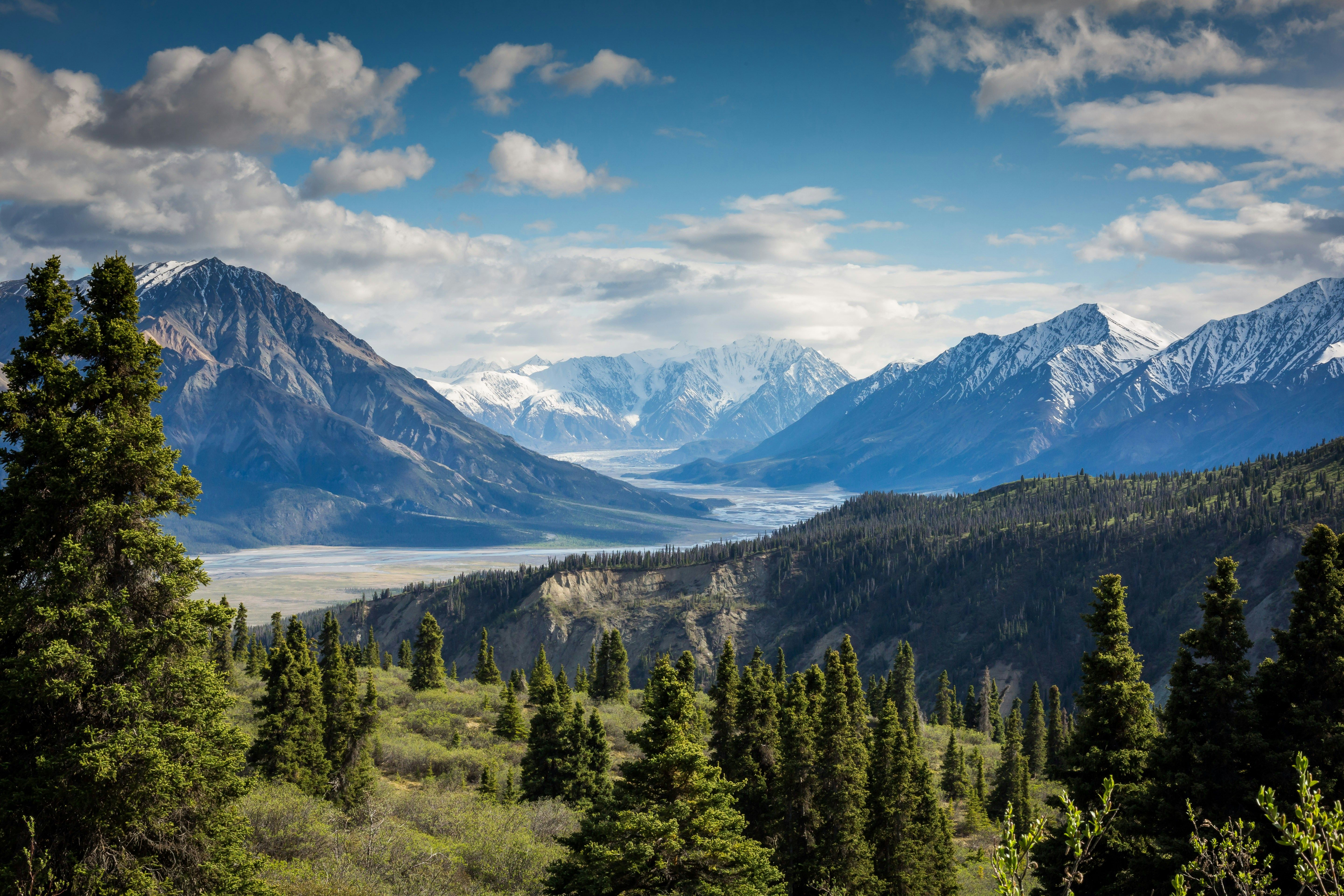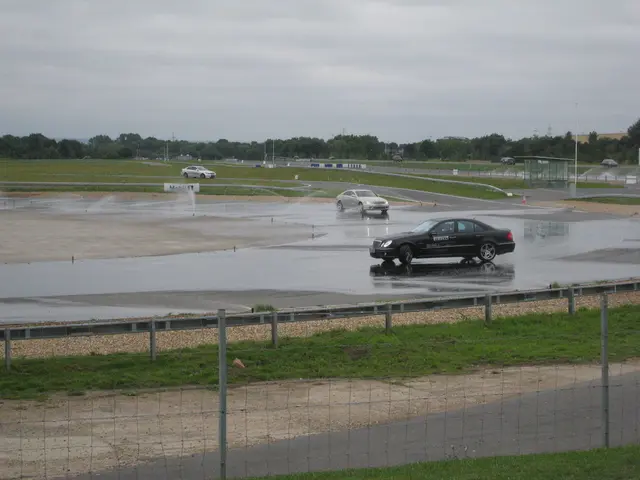Russian Propaganda Misuses the Memorial, Exploiting Its Integrity for Agenda Advancement
On the 80th anniversary of the close of World War II in Europe, we find ourselves in ongoing tug-of-war over remembrance. This time, however, it's not just between Russia and the West, but within our very midst. Corinna Kuhr-Korolev, a noted historian specializing in Eastern Europe, chats with us about this "memorial war" and its international and domestic ramifications.
So, how does Russia celebrate "Victory Day" this year?
In Russia, May 9th has become the most prestigious holiday of all, with grandiose celebrations across the nation. Behind the scenes, Moscow has been meticulously planning for weeks, ensuring every city, down to the smallest villages, adheres to a central logo and design. Parades take place everywhere, from St. Petersburg to Smolensk, with fighter jets soaring overhead and troops marching in lockstep, showcasing might and unity. And let's not forget the colossal romp of tanks rolling through Red Square. This spectacle, year after year, is presented as an age-old state tradition, but that hasn't always been the case.
Historically speaking, when did the military parades start?
The early years following the war didn't feature such ceremonies. Over time, it blossomed into an official holiday, although major parades on Red Square only appeared during major anniversaries (1965, 1975, 1985, and 1990). After the fall of the Soviet Union, Russia refrained from any military processions until 1995. By the late 90s, these celebrations were void of tanks and weapons, resembling more a carnival than a military endeavor. In the early 2000s, under Putin's rule, the parades resumed as blatant displays of military prowess.
What can we expect this year?
Moscow aims to send a clear message of strength, both at home and abroad, through these grand spectacles. This time, the roaring tanks, the choreographed marching, the flying jets — it's all meant to convey, "We're here, be afraid." In hindsight, the warning signs seemed ominous even as the world watched tanks roll over Red Square ten years ago. Today, the situation is sadly more sadistic, with Ukraine bearing the brunt of Putin's aggressive posturing.
Yet at the same time, Putin seeks international recognition...
Absolutely! He yearns for the global community to recognize Russia's historical achievements and power. At the same time, the parade serves as a demonstration of Russia's claim to a significant role in world politics. Behind the scenes, diplomats tirelessly work to extend invitations to global leaders, hoping they'll partake in the shoulder-rubbing showdown.
Two historical perspectives collide: the Russian and Western calendar.
The reason for the difference lies in who signed the surrender documents. While the German Wehrmacht unconditionally surrendered on May 7, in Reims, to the Allied forces, a separate surrender was signed in Berlin-Karlshorst on May 8, led by the Russians. Stalin's insistence on this arrangement has resulted in a historical interpretation race between countries, each hyper-focused on their version of victory.
What is this 'memory war' you mention?
History is being used as a weapon, once more. Political arguments are rooted in historical narratives, with the end of the war being essential in current territorial disputes. The clash between these contrasting interpretations of the past has escalated into a kind of "memory war."
Is this war with Germany, too?
We're not at war with Russia, per se, as the Baltic States, Poland, or Ukraine have been. Nonetheless, one can sense a division in Germany, reminiscent of the Cold War. Some segments of society are more receptive to Russian narratives due to long-held historical views, which complicates matters further.
With that, isn't there some truth to Putin's assertions?
In a grim twist of irony, the Soviet Union was a multicultural state, with a myriad of nationalities and ethnic groups. Today, under the guise of a "sacred duty" to maintain "family, fatherland, and unity," Russia actively mobilizes its diverse population to fight in Ukraine. While some soldiers from ethnic minorities see themselves as simply following the footsteps of their ancestors, it's vital to remember that these heroics serve to justify Putin's belligerent actions and mobilize the Russian people.
The Fractured Remembrance of World War II
The historical memory of World War II remains divided across Europe. With political preferences and nationalistic sentiments driving different narratives, finding common ground seems almost impossible. This fractured remembrance enables the misuse of history in contemporary conflicts, further reducing the potential for peace and collective healing.
Preserving the Memories, Mourning the Losses
As we remember those who perished in the horrors of World War II, it's essential to acknowledge the present-day complexities in which our remembrances dwell. By demanding that diplomatic discrepancies take precedence over ancient animosities, we strive for a world that embraces plurality, understands our shared past, and builds a brighter, united future.
By Emily Matthews and James Halloran
Sources: ntv.de, theconversation.com
Key Takeaways:
- The end of World War II in Europe marks the 80th anniversary this year.
- In Russia, May 9th is celebrated as the "Day of Victory of the Great Patriotic War."
- Russia aims to strengthen its position both internally and externally through these celebrations.
- Putin aspires to secure recognitions of Russia's historical achievement and power.
- Major parades began during the late 1990s under Putin's rule as a military display.
- The Russian narrative emphasizes the decisive role of the Red Army in liberating Europe from fascism.
- A "memory war" is occurring, with different historical perspectives clashing and becoming ideologically charged.
- The war itself has re-ignited territorial disputes, with Russia instrumentalizing history to support its claims.
- Germany is neither actively at war with Russia nor part of the "memorial war" like some Eastern European countries.
- The memory of World War II remains divisive and complex, with political preferences and nationalistic sentiments shaping different narratives.
- The ongoing "memory war" surrounding World War II remembrance is not solely between Russia and the West, but also within nations of the European Union.
- Historian Corinna Kuhr-Korolev discusses the ramifications of this internal dispute, noting its international and domestic impacts.
- One of the key issues arises from the divergence in historical interpretations of the end of World War II between Russia and the West, with each side hyper-focused on their version of victory.
- Global leaders receive diplomatic invitations to attend Russia's victory parades, hoping for international recognition of Russia's role in the war.
- Meanwhile, the anniversary of World War II serves as a means for Russia to demonstrate its military might, using propaganda to portray an image of strength and unity, both domestically and abroad.
- This memorial war mirrors the Cold War-era divisions in Germany, with certain segments of society being more receptive to Russian narratives due to historical views.
- Despite Putin's assertions, it's crucial to remember that the Soviet Union, as a multicultural state, mobilizes diverse populations in ongoing conflicts, utilizing historical narratives to justify aggressive actions and consolidate power.
- As we commemorate the fallen heroes of World War II, it's essential to navigate the complexities of modern-day remembrances, acknowledging political preferences and nationalistic sentiments that shape different narratives.
- By fostering open dialogue and embracing plurality, we aspire to celebrate and learn from our shared past, building a brighter, united future that transcends the polarizing effects of World War II's legacy.
- Misusing history to support current territorial disputes only serves to exacerbate the potential for peace and collective healing, necessitating a nuanced approach to historical memory.








